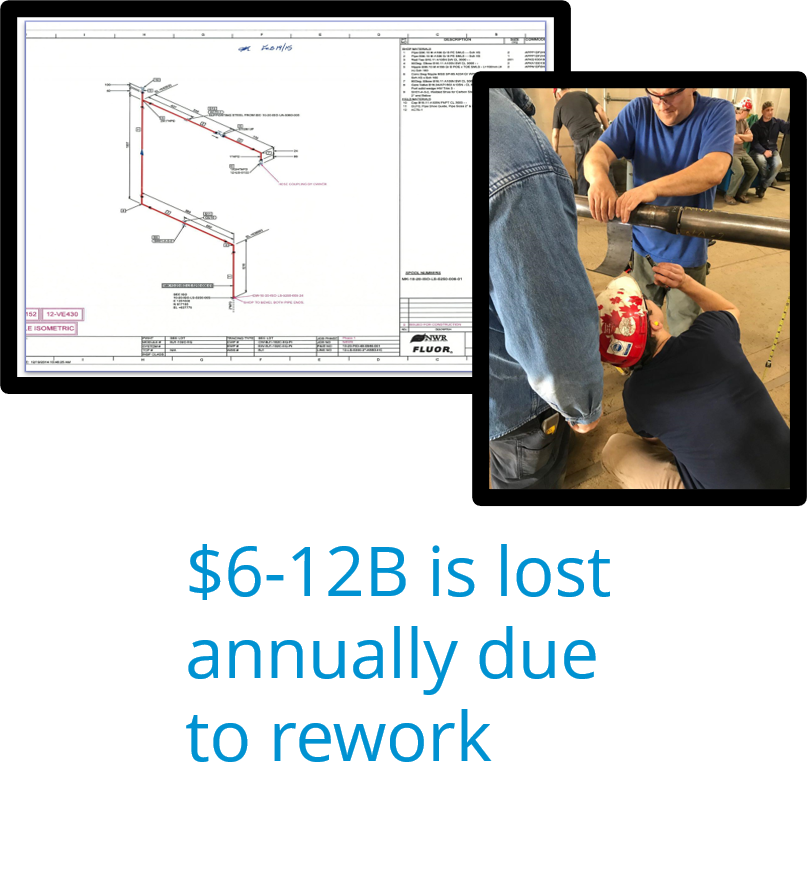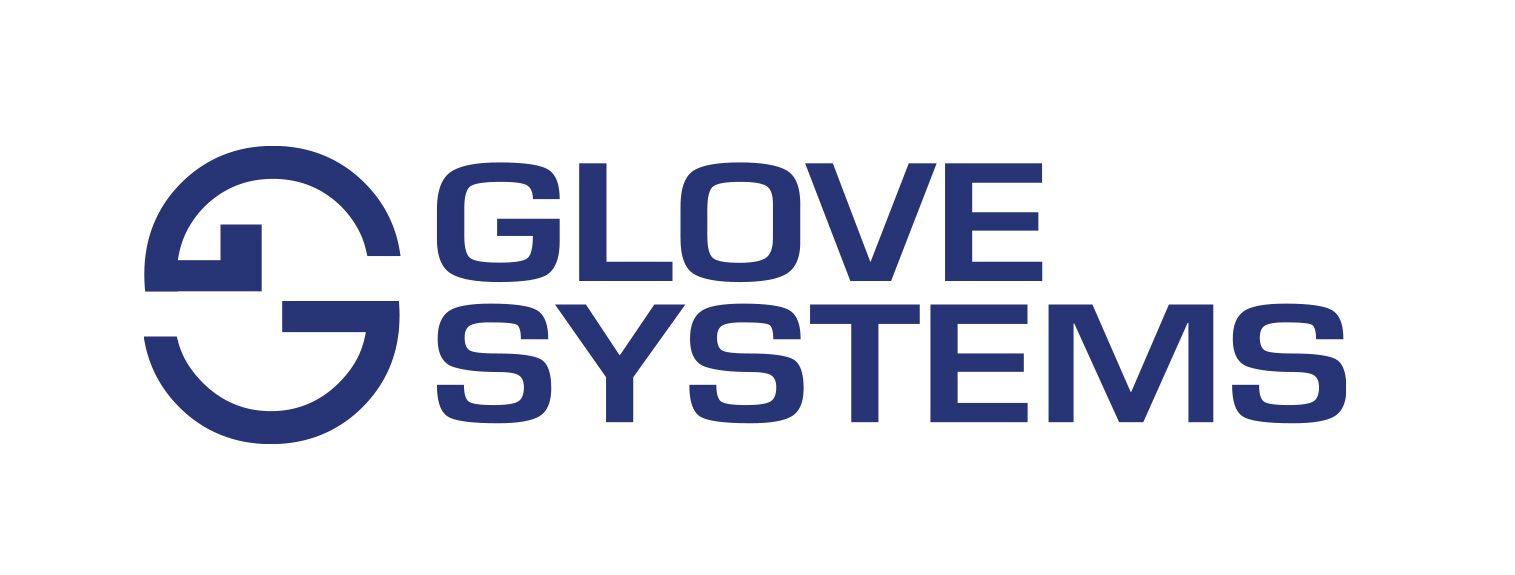Build Assets Better
The world is at the start of a golden age of energy infrastructure development. It is now time to bring all aspects of the energy asset build life cycle into the modern era by adopting the digital tools that have transformed so many other sectors.
Energy Infrastructure
The looming investment in energy infrastructure is staggering in its scale and scope. Major economies including China [1], Japan [2], Korea [3] and the entire EU.[4] have declared their intentions to become carbon neutral economies between 2030 and 2060. To achieve these goals, they must diversify energy towards new renewable energy sources and batteries, abandon and remediate petroleum infrastructure, retrofit energy consuming systems, and electrify transportation. Our world has never before considered and embarked on such a massive shift in energy systems.
There is no time to waste, and, with governments struggling under the fiscal burdens put in place to deal with the pandemic, and with the global economy struggling with a synchronized recession, little room and appetite to mismanage the delivery.
A Sector Ripe for Change
Technology entrepreneurs are alert to those sectors of our society that have lagged behind in the adoption of modern tools and technologies. In the Digital Vortex, a book researched and published by The Global Center for Digital Business Transformation [5], oil and gas, and utilities occupied almost dead last (positions 10 and 11), out of 12 sectors reviewed.
The energy sector (oil and gas, power generation) has been widely viewed as a digital laggard. These industries are dangerous, highly regulated, fragmented, complex, and in continuous operation, limiting their ability to enact change. Owners and managers are subsequently risk averse and adopt change only when it becomes absolutely necessary, as during the pandemic when social distancing forced the industry to embrace teleworking and distance training.
In a typical year, oil and gas invests half a trillion dollars in new capital to supply growth and to replace depleted resources. Consequently, it is highly dependent on the construction industry. But relative to other sectors, the construction sector is itself dramatically underserved by new technology [6]. By 2018, the venture capital sector had injected only $1.5b in venture funding for technology-enabled transformation of this massive $12T sector. Some nations are moving quickly on the opportunity. South Korea had over 69,000 startups focused on the construction industry [7], which was up by 21.5% from 2015.
A Huge Prize
There is tremendous opportunity to deploy modern tools to transform the asset build value chain. A company [8] specializing in augmented reality applications for design reviews in oil and gas, estimates that 30% of capital requires field rework, typically because of errors that pass all the way through from engineering to field. Field remediation is enormously costly because of the incremental costs of mobilizing workers, tools and equipment to site. Schedules are impacted. Asset quality suffers. Some portion of $500b in annual capital spend is wasted.
To improve and accelerate capital projects, asset owners are rapidly embracing modular design and build techniques, and with it the opportunity to globalize the sector. Faster builds pull asset values forward in time, reducing capital risk, minimizing emissions, and improving returns. Distributing fabrication globally also distributes risk and helps nurture competitive supply chains. But globally distributed modular designs and builds are then highly dependent on the quality of data about the assets under construction, particularly in a pandemic when it is impossible to send inspectors and company representatives to shops and work sites.
Better data about as built assets also benefits the owners who gain in lower operational costs, safer and more reliable operations and maintenance.
The Digital Divide
Owners of these industrial assets (oil and gas companies, power utilities) have invested extensively in asset information systems to help keep their assets evergreen and in compliance with strict regulations. Engineering firms have also invested for many years in developing the kinds of clever design tools to allow for ever more creative designs. Virtually all design work is carried out using tools such as AutoCAD [9] and Solidworks [10].
Yet the asset build value chain (owner, EPC, fabricator, subcontractor) has several easy-to-fix digital breakpoints, particularly between the engineering firms and their supply chains, that would help capital execution. For example, some in the big EPC firms cling to a 1950s view of their fabrication suppliers as low tech, underpowered and backward. Paper-based record keeping is dominant, expected and required. 3D designs from the EPC desktop are sent as costly rendered 2D designs to the fabricator shop who then converts them back to 3D. Costly quality and compliance measurements are completed using step ladders, tape measures, set squares, bubble levels, pencils and high school trigonometry. Compliance books may be PDFs, but in reality their contents are hand-annotated papers scanned from clipboards.
The owners and the EPC firms must demand more from their supply chains, and fabricators should invest in data capabilities to improve their quality of service. All parties will win, it turns out, by delivery of a true full digital twin of the asset.
Moving Forward
This series of articles will set out an alternative vision of the future that will benefit all participants in the asset build value chain through faster capital execution, reduced environmental impact, higher quality assets, less rework and lower operating cost.
References
[1] Steven Lee Myers, New York Times, Sept 23, 2020, https://www.nytimes.com/2020/09/23/world/asia/china-climate-change.html
[2] Justin McCurry, Theu Guardian, October 26, 2020, https://www.theguardian.com/world/2020/oct/26/japan-will-become-carbon-neutral-by-2050-pm-pledges eference national statement
[3] Sangmi Cha, Reuters, October 28, 2020, https://www.reuters.com/article/us-southkora-environment-greenewdeal-idUSKBN27D1DU
[4] https://ec.europa.eu/info/strategy/priorities-2019-2024/european-green-deal_en
[5] Digital Vortex, International Institute for Management Development, 2016
[6] Imagining Construction’s Digital Future | McKinsey. https://www.mckinsey.com/industries/capital-projects-and-infrastructure/our-insights/imagining-constructions-digital-future. Accessed 13 Feb. 2020
[7] Korea Institute of Startup & Entrepreneurship Development
[8] Vizworx
[9] www.autodesk.ca
[9] www.solidworks.com

